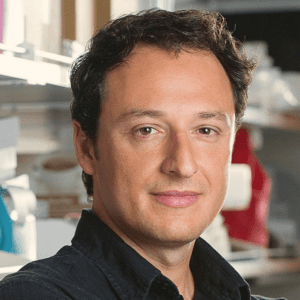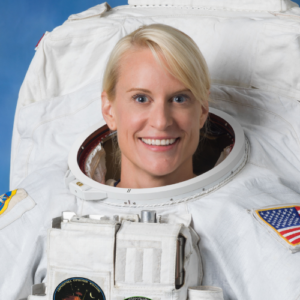Dr. Catriona Jamieson is a leading physician-scientist who discovered missplicing, RNA hyper-editing, and splice isoform switching as mechanisms governing human cancer stem cell maintenance in selective niches. This pioneering cancer stem cell research has transformed therapies, including JAK2 and sonic hedgehog-inhibitor trials for myeloproliferative neoplasms and leukemia stem cell targeting. Her research and efforts lead to the 2019 FDA approval of fedratinib for the treatment of adult patients with intermediate-2 or high-risk primary or secondary Myelofibrosis. She sent the first bioreactors with cancer organoids that detect activation of cancer stem cell properties in real-time into space on April 8, 2022, as part of the Integrated Space Stem Cell Orbital Research (ISSCOR) Program. The purpose is to identify biomarkers for early detection, and interventional leads and lay the groundwork for future cancer stem cell research in space. She is a Professor of Medicine, Chief of the Division of Regenerative Medicine, the Koman Family Presidential Endowed Chair in Cancer Research, and the Director of the Sanford Stem Cell Institute at the University of California San Diego. Dr. Jaimeson received the 2017 MPN Hero’s Award, the Moores Cancer Center Rell Sunn Award in 2020 (past awardees include Roger Tsien, Kary Mullis, Tony Hunter, Brian Druker, Carl June, J. Craig Venter), and the Top Doctor for the 10th consecutive year by Castle Connolly in 2021. Most recently, her visionary leadership resulted in the single largest gift in the history of UC San Diego, for $150 million from T. Denny Sanford, resulting in the creation of the Sanford Stem Cell Institute.



